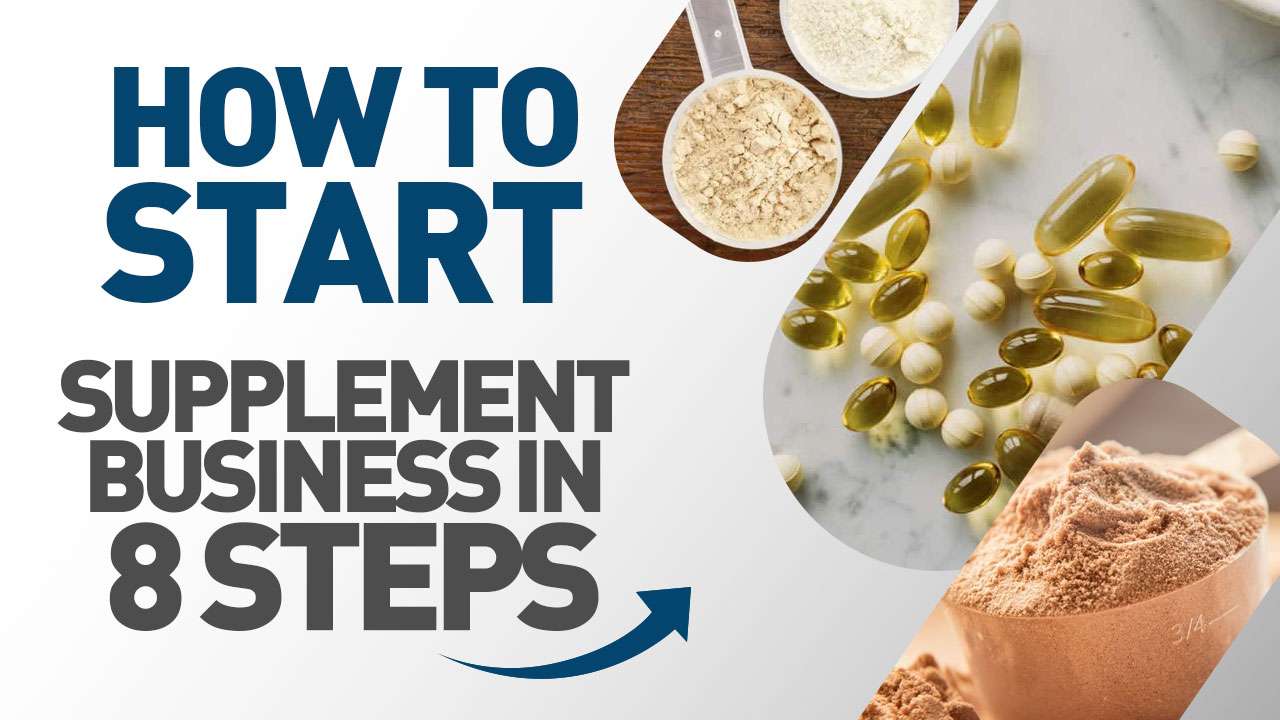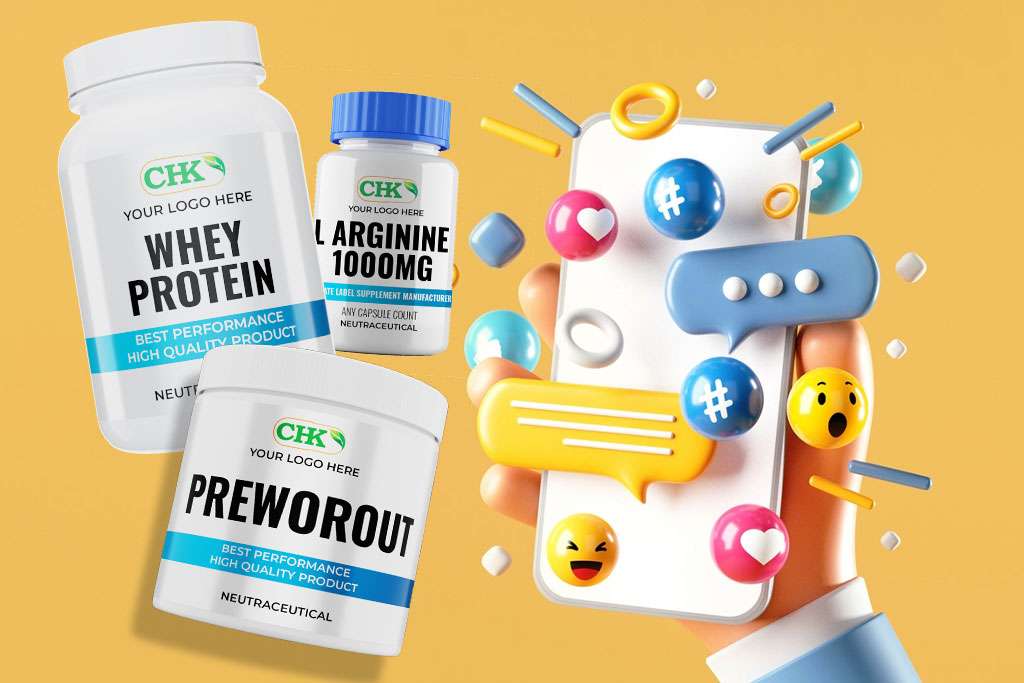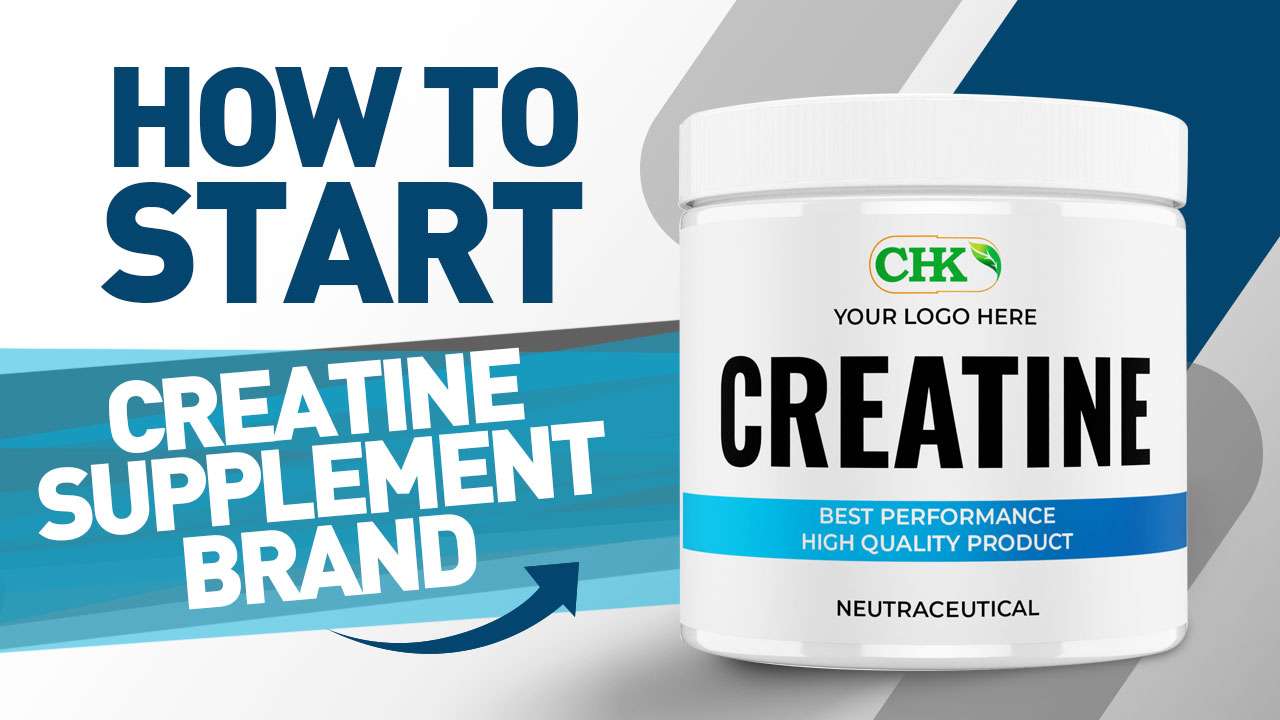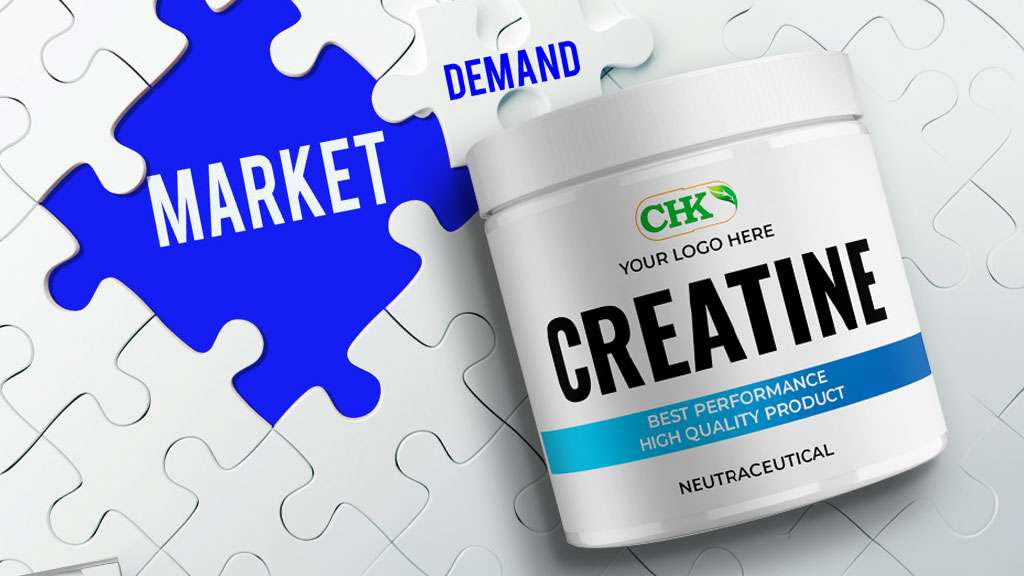How to Start a Supplement Business in 8 Steps
Starting a supplement business can be an exciting venture in an industry that continues to grow as people increasingly focus on health and wellness. Whether you’re passionate about fitness, nutrition, or natural health, launching a supplement company can be a…

Starting a supplement business can be an exciting venture in an industry that continues to grow as people increasingly focus on health and wellness. Whether you’re passionate about fitness, nutrition, or natural health, launching a supplement company can be a rewarding way to make a significant impact. Here’s how you can start your supplement business in eight essential steps.
1. Identify Your Niche
Research and Identify Gaps: Look for gaps in the market where you can introduce unique products. Consider niches such as sports nutrition, weight loss, wellness, or specific dietary needs like vegan or keto supplements.
2. Understand the Legal Requirements
Regulatory Compliance: Familiarize yourself with the regulations governing dietary supplements in your country. In the U.S., for example, the FDA, in India FSSAI regulates dietary supplements under a different set of regulations than those covering conventional food and Nutraceutical products.
Licenses and Permits: Obtain any necessary business licenses and permits. These may vary depending on your location and the nature of your business.
3. Develop Your Product Line
Formulate Your Supplements: Decide whether you will create your formulations or private label existing ones. Consider working with a formulator or a contract manufacturer who can help develop and produce your product line.
4. Find a Reliable Manufacturer
Partner with a GMP-Certified Manufacturer: Ensure that your manufacturer complies with Good Manufacturing Practices (GMP) to guarantee product quality and safety.
Sample Batches: Order sample batches of your products and test them for quality before committing to larger orders.
5. Design Your Branding and Packaging
Create a Strong Brand Identity: Develop a brand name, logo, and packaging design that resonates with your target audience and stands out in the market.
Compliance with Labeling Regulations: Make sure your product labels comply with regulatory requirements, including ingredient lists, nutritional information, and any required health disclaimers.
6. Set Up Your Online Presence
Build a Professional Website: Create an e-commerce website that is user-friendly and optimized for search engines.
Utilize Social Media: Establish a presence on social media platforms where your target audience is most active to build brand awareness and engage with potential customers.

7. Develop a Marketing Strategy
Content Marketing: Share valuable content related to health, fitness, and nutrition to attract and retain customers.
Influencer Partnerships: Collaborate with influencers in your niche to reach a broader audience.
8. Launch Your Business
Soft Launch: Consider a soft launch to test your processes and gather feedback before a full-scale launch.
Customer Service: Ensure you have a system in place for customer service and support to handle inquiries and issues promptly.


